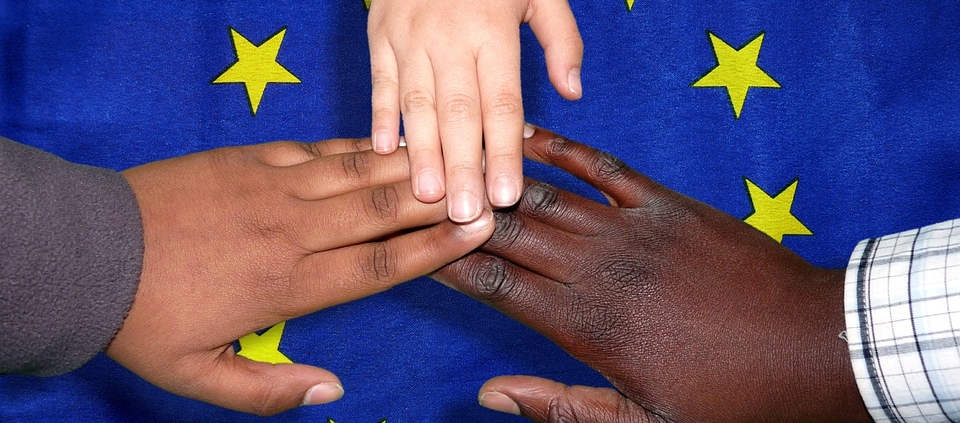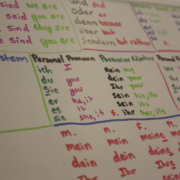The German language is becoming easier and easier thanks to foreigners
The Germans and their language
Apparently, German people speak their language in a wrong way, grammatically speaking. The reason is quite simple: they want to simplify it. Mark Twain wrote in his book A Tramp Abroad: “A gifted person ought to learn English in thirty hours, French in thirty days, and German in thirty years.” It’s widely believed that the German language should be in a certain way renewed and refreshed. So, what’s going on with German? In 2008, two thirds of Germany’s inhabitants said that the quality of their language was becoming lower and lower: in fact, people tend to read less. Not to mention, the inexorable process of anglicisation.
Is Hochdeutsch disappearing?
The term Hochdeutsch refers to the most prestigious variety of German, the one without dialect and regional expressions. Needless to say, the spoken language – more flexible and open to cultural and linguistic transformations – easily removes the grammar’s barriers, typical of the written German. In the spoken German, not only the genitive case completely disappears, being replaced by different prepositions, but also word endings, concords and formal cohesion of the sentence inexplicably vanish. Grammatical structures of migrants’ languages, such as Turkish or English, tend to influence the language.
German and multilingualism
Language transformations are due to social changes: believe it or not, an increasingly growing process of immigration leads to a vast multilingualism. This actually means that the language is sensitive to social transformations and changes. In Berlin there are people from 189 different countries, and this contributes undoubtedly to the phenomenon of Multi Kulti Deutsch (multicultural German). There’s a good chance that “the systematic mistakes of today are the new rules of tomorrow”, as Rudi Keller, German linguist, states. To sum up, foreign languages affect inevitably national languages, and schools and universities should make aware of this kind of phenomenon.












Dejar un comentario
¿Quieres unirte a la conversación?Siéntete libre de contribuir!